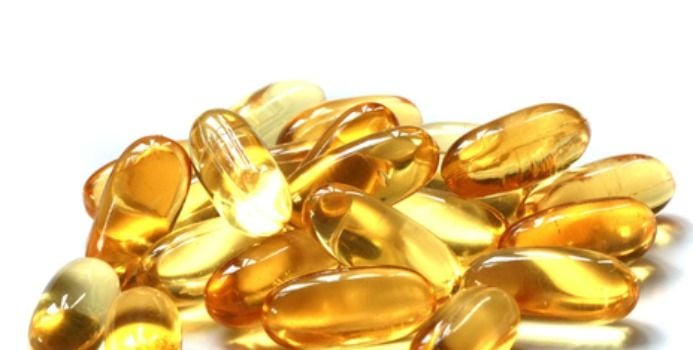How Much Do I Need?
The amount of omega-3s you need daily depends on your age and gender. MedlinePlus recommends you get 5 to 10 percent of your total calories from omega 3s. Guidelines provided by the Institute of Medicine for omega-3 fatty acids are as follows:
- 0 to 12 months: 0.5 grams/day
- 1 to 3 years: 0.7 grams/day
- 4 to 8 years: 0.9 grams/day
- 9 to 13 years (girls): 1.0 grams/day
- 9 to 13 years (boys): 1.2 grams/day
- 14 years and older (women): 1.1 grams/day
- 14 years and older (men): 1.6 grams/day
- Pregnant women: 1.4 grams/day
- Nursing women: 1.3 grams/day
What about DHA and EPA?
Docosahexaenoic acid (DHA) and eicosapentaenoic acid (EPA) are types of omega-3s that play important roles in brain development and heart health. Specific recommendations for these two omega 3s are also available, and are important to know about. The International Society for the Study of Fatty Acids and Lipids suggests adults get at least 500 milligrams of DHA plus EPA daily to maintain a healthy heart, and the Food and Agriculture Organization of the United Nations gives the following recommendations for children:
- 2 to 4 years old: 100 to 150 milligrams of DHA plus EPA per day
- 4 to 6 years old: 150 to 200 milligrams of DHA plus EPA per day
- 6 to 10 years old: 200 to 250 milligrams of DHA plus EPA per day
Which Foods Contain Omega-3s?
Fish oil and fish are the main dietary sources of DHA and EPA -- especially salmon, tuna, trout, and sardines. Plant sources of another omega-3 fatty acid called α-linolenic acid (ALA) include flaxseeds, flaxseed oil, walnuts, walnut oil, chia seeds, canola oil, and soybean oil. Omega-3-fortified eggs are also available. The human body can make small amounts of DHA from ALA, according to the Linus Pauling Institute.
Should I Take a Supplement?
If you’re eating at least two servings (3.5 ounces each) of omega-3-rich fish (like salmon) weekly and getting plenty of ALA-rich plant foods in your diet, you’re likely meeting your daily omega-3 requirements. However, if you’re not, talk with your doctor about taking omega-3 supplements to ensure you’re meeting your body’s needs. When choosing an omega-3 supplement, look for one that provides at least 500 milligrams of DHA plus EPA per serving. Always get your doctor’s permission before giving supplements to children.



